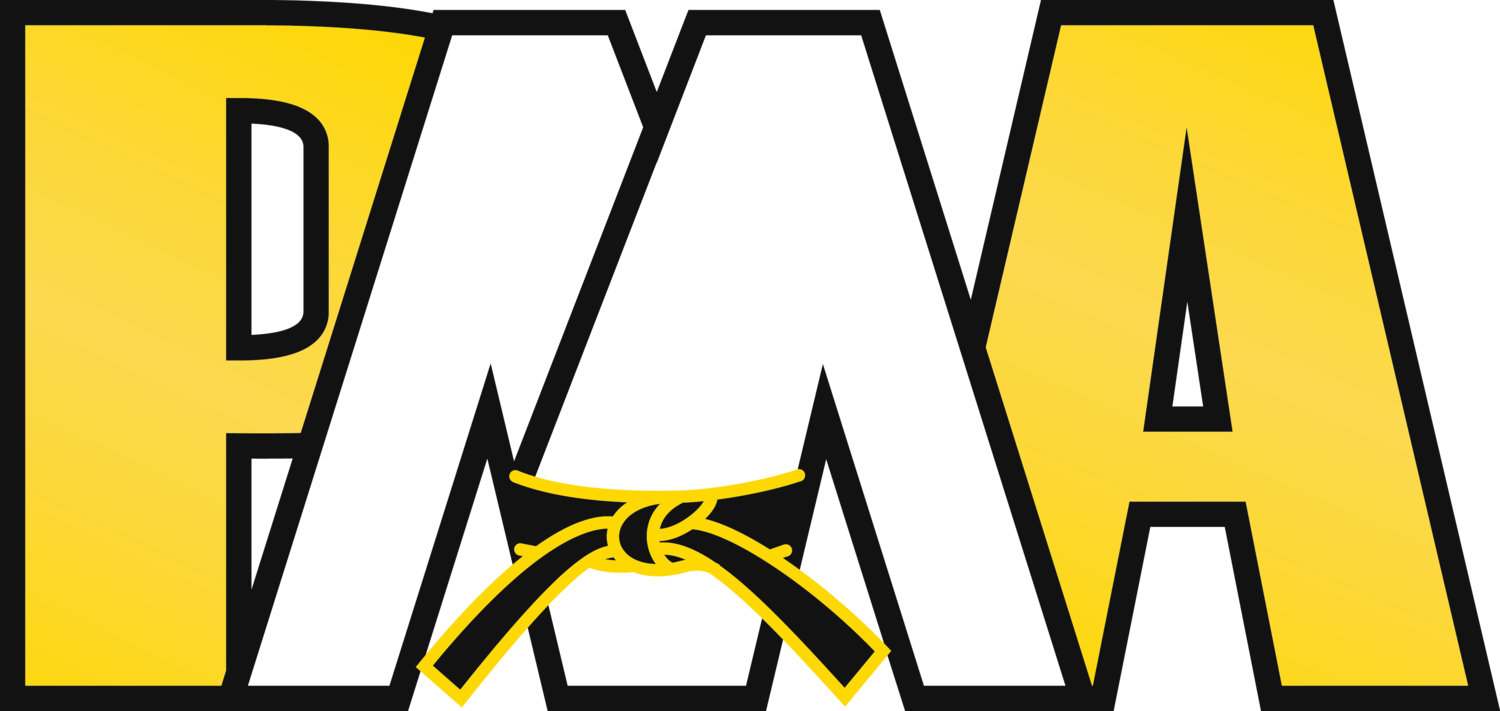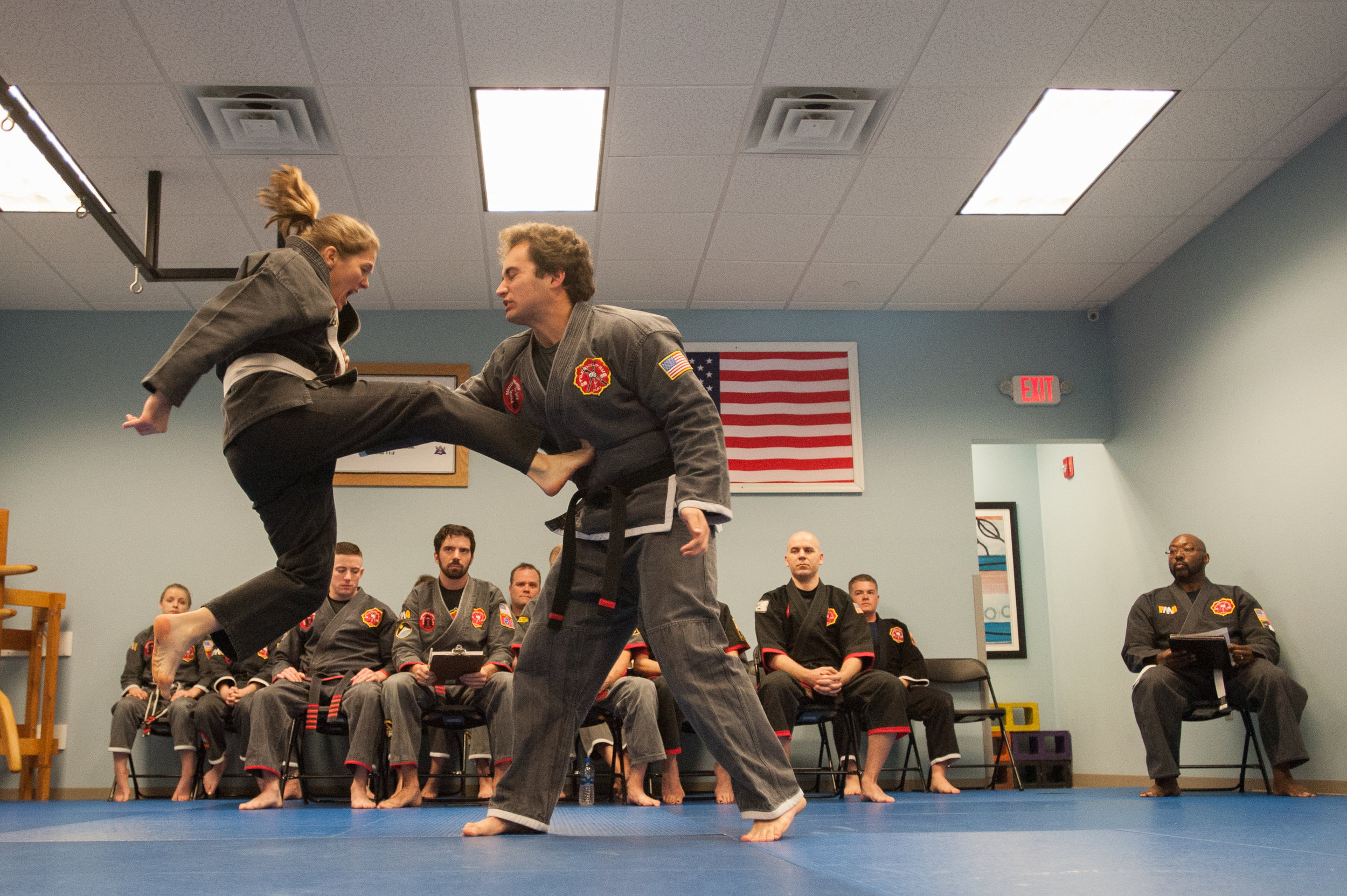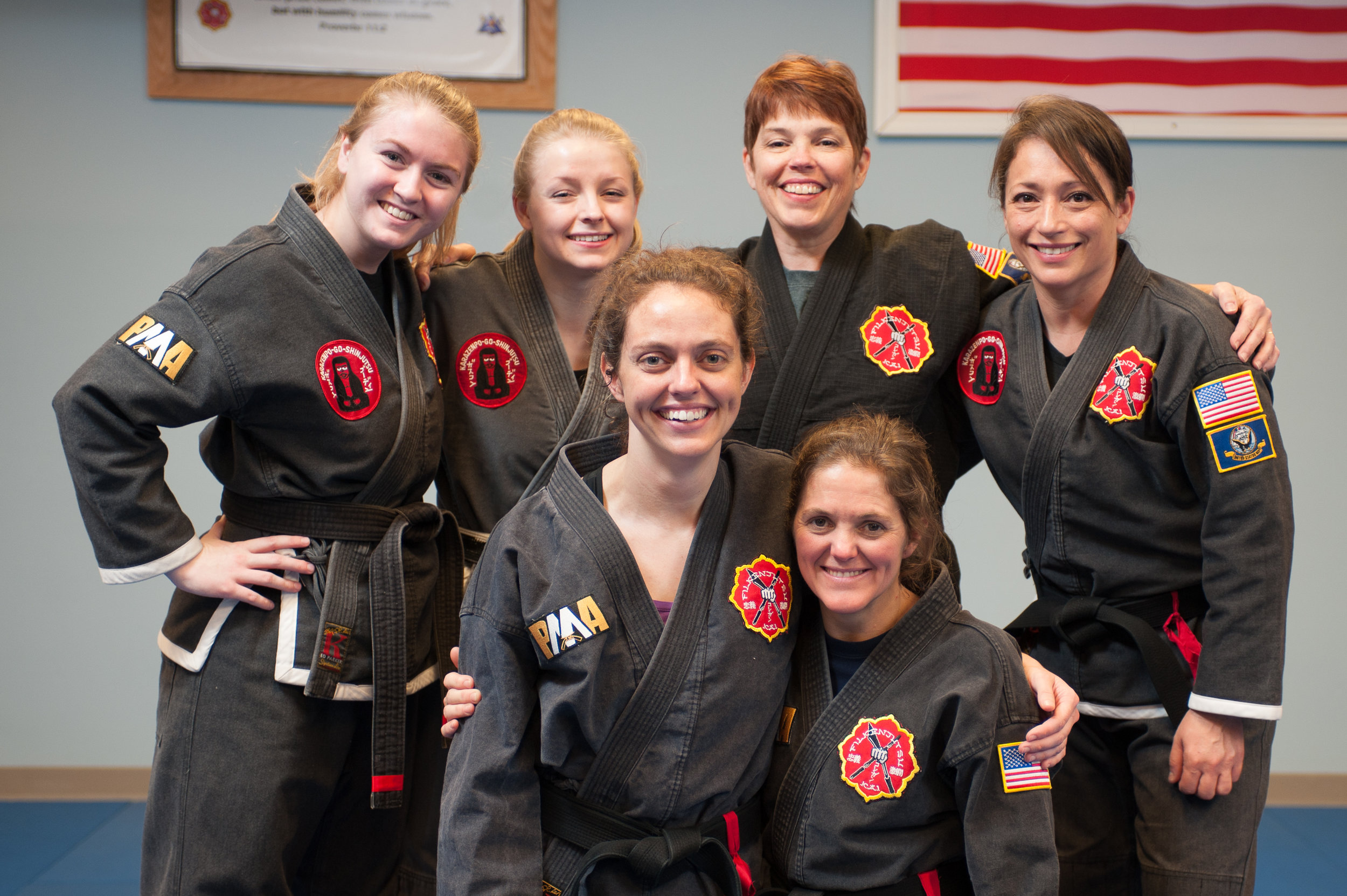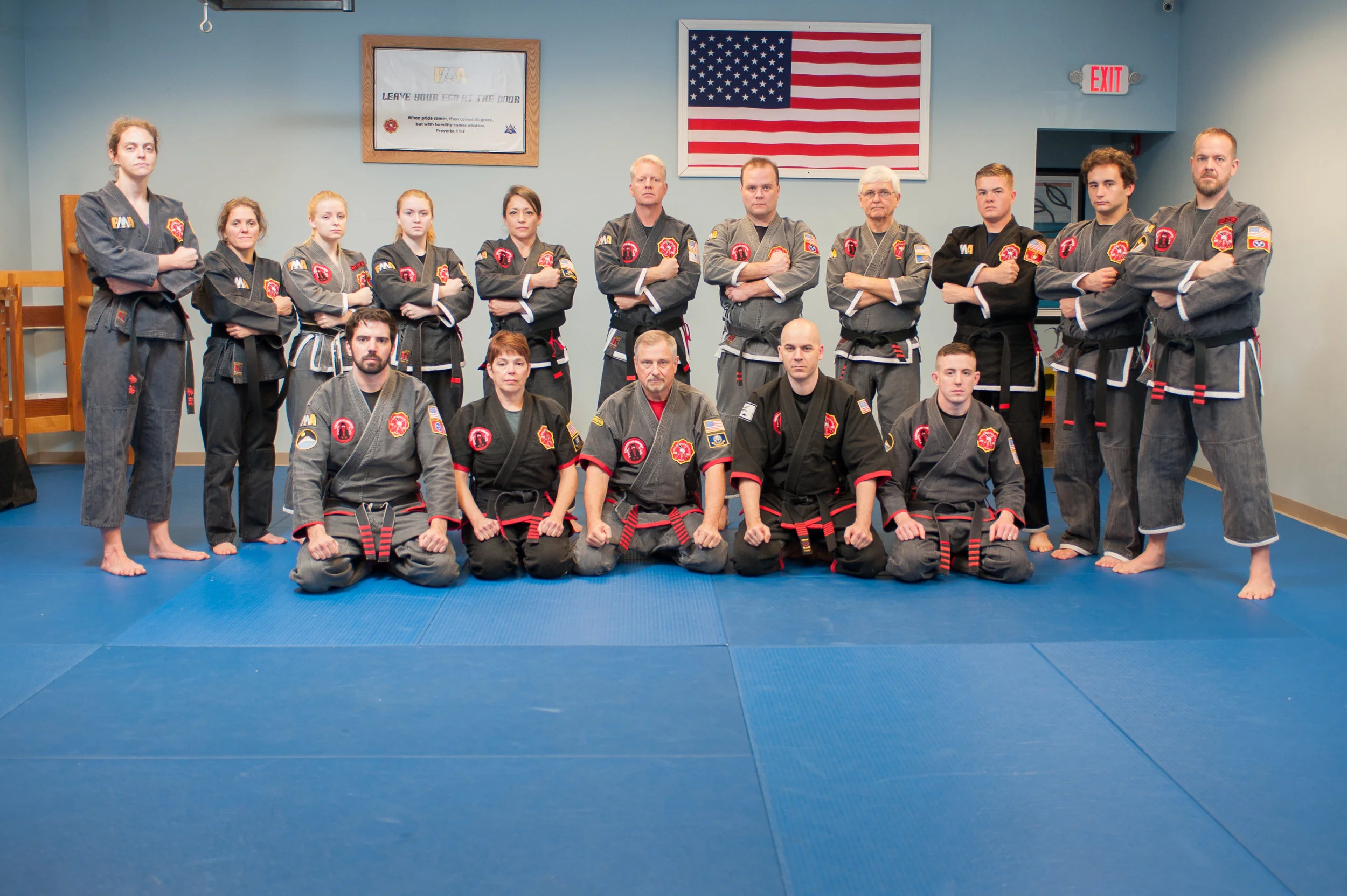I want you to think back to the time in your life just before you began training martial arts and visualize a scenario in which you may have been attacked at that point in your life.
Maybe you started training when you were a teenager, and a realistic scenario might be someone giving you a hard time in high school.
Or maybe you started training martial arts during your twenties, and a realistic scenario might be someone that’s had a little too much to drink at the bar you’re at with some friends.
Or maybe you began training in your forties, and a realistic scenario is that someone having a bad day has a case of road rage and gets out of the car to teach you a lesson!
Now, let’s imagine how that scenario goes down and how you might have responded to the attack, assuming that you can’t get away and the attack was physical. You haven’t learned how to throw a proper punch yet or how to parry a strike. You haven’t learned how to take down an aggressive opponent or escape from the mount. You haven’t learned how to prevent being killed by a knife-wielding attacker.
I am proposing that it’s possible you would have done better defending yourself in that scenario than you would have after taking a few martial arts classes.
“WHAT!?” “THAT’S OUTRAGEOUS!” “WHY AM I TRAINING THEN?”
Stay with me for a minute. The ultimate level of mastery in the martial arts is when we are performing the techniques taught to us without thought. In the Chinese arts, this is called “mushin.”
It is highly unlikely that you will have achieved mastery with your martial arts abilities within a few months of training. Therefore if you are in the same scenarios we thought of above, but with a little bit of martial arts training, it is highly possible that you will hesitate and think about what you should do. What techniques are you going to use?
In that moment of hesitation and thought, we could be overrun and beat up.
You may have fared better had you been attacked before you began your martial arts training because you would not have thought about what to do. When the attacker threw a punch, you would not have thought about how to block it because no one would have ever taught you how to block it. Therefore you would have just reacted with some flinch response. And whatever that response is, would have been better than hesitating while you were trying to come up with the perfect response.
Now, of course, there is still a high percentage chance you would not have handled the situation well without any training and be beat up or worse. All I'm saying is that it's possible that you could do worse with just a little training than had you done none at all.
Over time, we will train your automatic responses to be effective and efficient responses of a martial arts master. These will eventually become your reflexes. How long?
Somewhere between 20 to 10,000 hours. 😉 More on that here -
http://www.pmaoakridge.com/blog/hours
Bruce Lee used to explain this by saying that before you begin training, a punch is just a punch. Then, you start training and realize a punch is much more than you thought! You now are thinking about how you stand when you punch, how your body moves, which part of your fist to make contact with, what to do after you punch, and more! At some point, you train long enough that a punch goes back to just being a punch. Those other details are still there, of course, but they’ve reached the point of mushin which means you aren’t thinking about them anymore - you are just throwing a punch.
This level of skill is IMPOSSIBLE in the beginning stages of training as the techniques have not been repeated enough for this to be possible. It is for this reason that at our academy students do not spar with each other until later in their training when they have had an opportunity to develop a solid foundation of proper technique, control, and reflexes - which will then be enhanced by sparring, not hampered by it.
If caught in a scenario like the ones listed above, remember that all 3 of these were scenarios involving ego and can often easily be avoided. If you are caught in a scenario that cannot be avoided, try your best not to hesitate.










